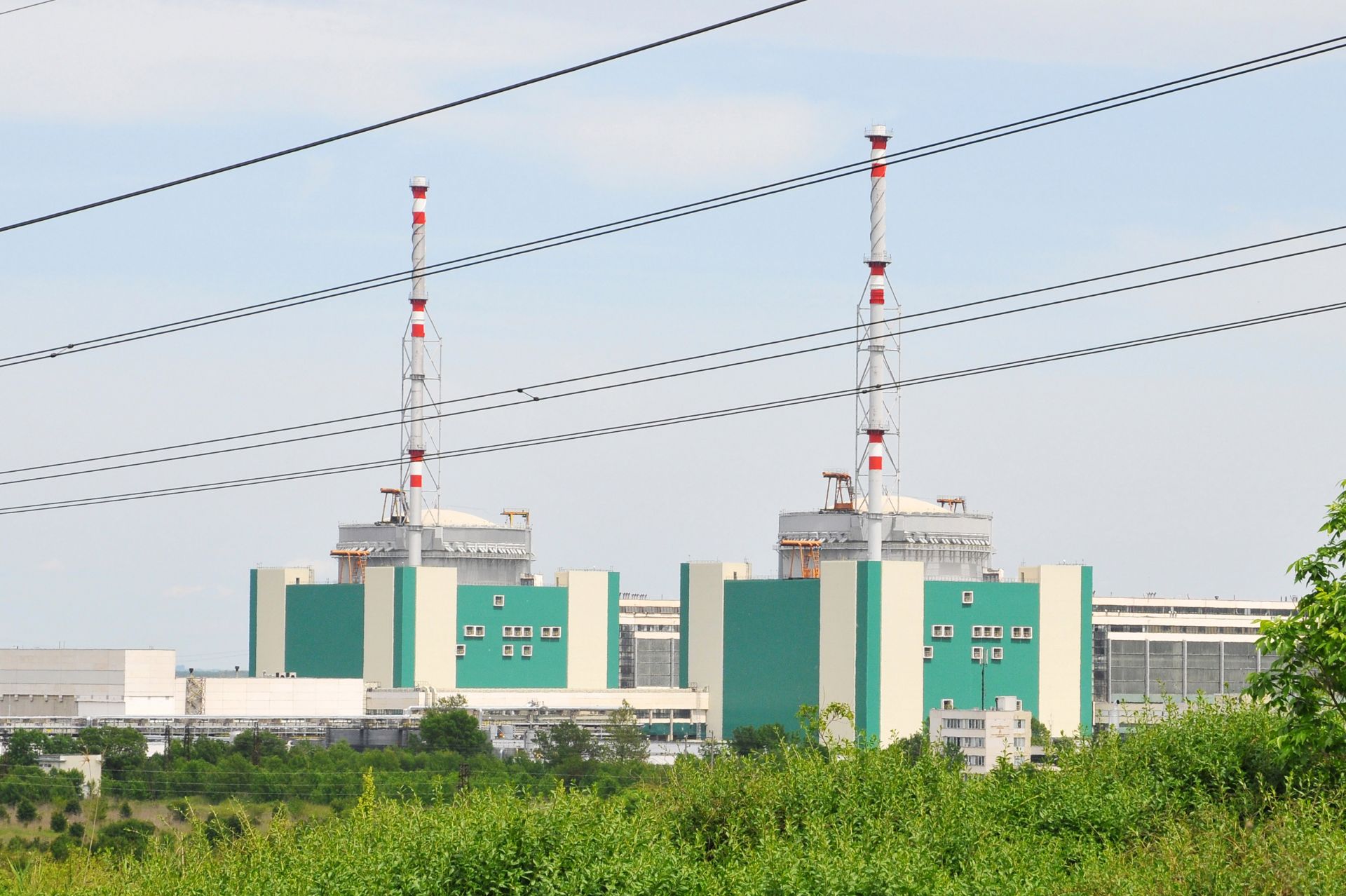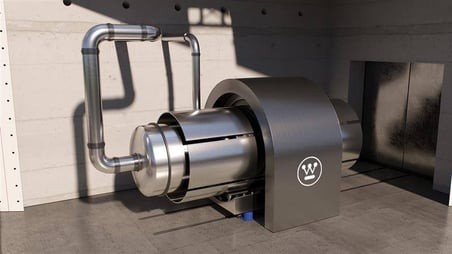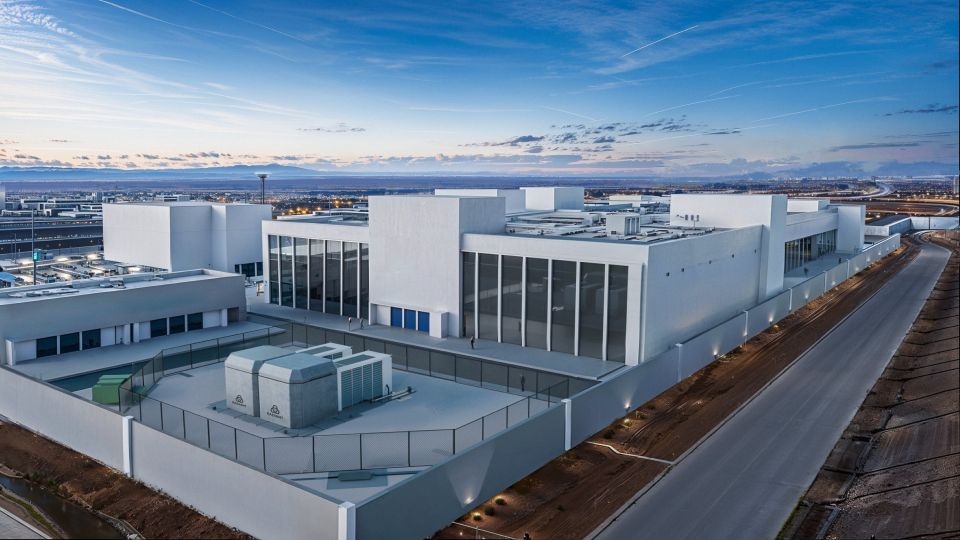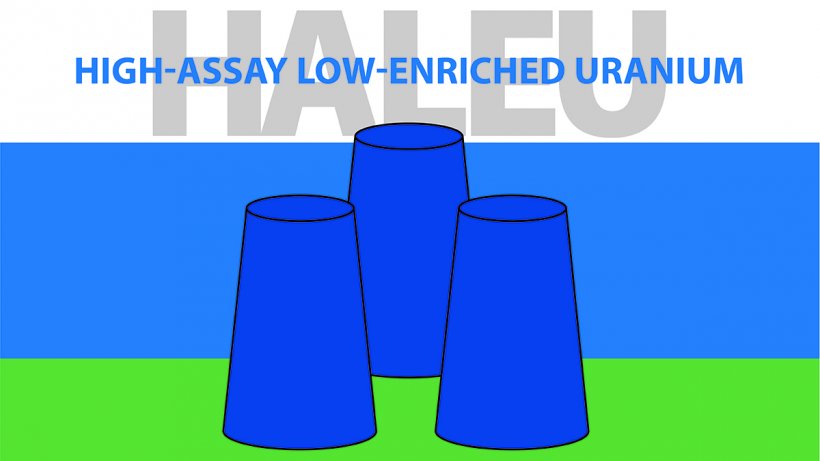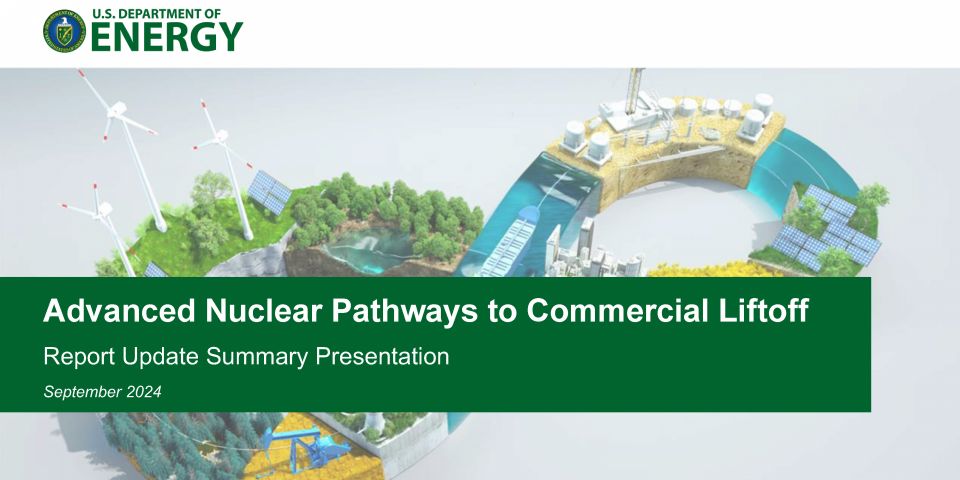Bulgaria’s Kozloduy nuclear power plant. (Photo: Gogo89873)
Bulgaria has shortlisted South Korea’s Hyundai Engineering and Construction team to build new reactors at Kozloduy nuclear power plant.
Of the five international companies to bid on the project, Hyundai E&C was the only one that met the requirements of project company Kozloduy NPP—New Builds Plc. for the commissioning and construction of two new Westinghouse Electric AP1000 reactors, the Bulgarian firm said. Bids were due February 2.
The process: The project team in Bulgaria reviewed the qualifications of the bidders on a pass/fail basis. Candidates from the Russian Federation were specifically excluded. Criteria of the five candidates included the following:
- Demonstrated construction and commissioning experience of at least two nuclear plants.
- Experience in designing nuclear or turbine island systems.
- Experience installing equipment for at least two reactors within the last 15 years.
- A turnover of at least $6 billion in profits between 2018 and 2022.
Hyundai E&C, which has been in the nuclear plant construction business since the 1970s, is the only company moving forward in the review process. The four other bidders on the project were Dutch company Fluor B.V., U.S.-basted Bechtel Nuclear Power Company Ltd., China Energy Engineering Corporation Ltd., and a consortium led by China Energy Engineering Group Tianjin Electric Power Construction Company.
The project: Bulgaria’ two new reactors at Kozloduy are expected to cost around $13 billion, said prime minister Nikolai Denkov in December. The nation plans to finance the project using Kozloduy’s own funds and a loan from the state.
The country's council of ministers approved the project in October 2023 and wants to get the first unit into commercial operation by 2033, with the second unit following a few years later. The two reactors are expected to generate a combined 2,300 MWe of power.
Bulgaria signed an agreement in June 2023 with Westinghouse Electric Company to complete the front-end engineering and design work for the AP1000 reactors at Kozloduy. Westinghouse will hold overall design authority for the plant.
The site: Kozloduy is home to Bulgaria’s two remaining operating nuclear reactors, Soviet-era units known as Unit 5 and Unit 6 that were connected to the grid in 1987 and 1991, respectively. Both reactors have been refurbished and qualified for an extension from 30 years in operation to 60 years.
Four older reactors at the site were deemed non-upgradeable and were shut down as part of an agreement when Bulgaria joined the European Union in 2007.
